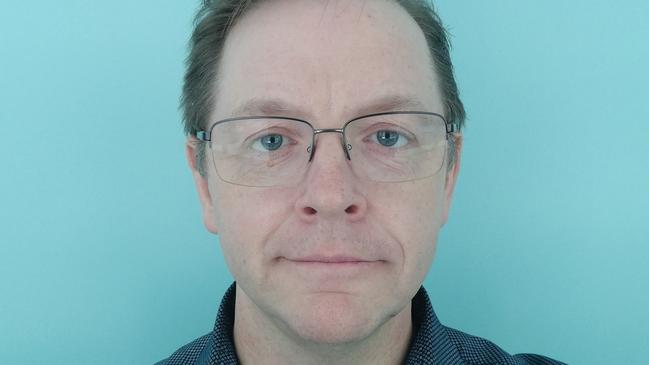‘Bad cold for most’ who catch coronavirus disease, health expert says
One of Australia’s leading virologists has declared that eventually everyone in the community will contract coronavirus.

One of Australia’s leading virologists has declared that eventually everyone in the community will contract coronavirus, with most experiencing it as a bad cold but the elderly and those with heart or lung conditions at greatest risk of death.
Ian Mackay, a professor at the University of Queensland, said the age group with the most deaths from the COVID-19 virus was the over-80s. “Younger people don’t seem to be getting severe disease,” Professor Mackay said.
“So it might just tick over a bit like flu does now, harshly affecting the elderly more so than the rest of us, but still causing coughs and colds and perhaps putting people in hospital in numbers that we’re really not clear about yet.
“There will be a big impact, we just don’t know how big.”
Professor Mackay said the elderly and people with underlying heart or lung conditions were at most risk of severe illness or death.
He said it was unrealistic to expect that the virus could be contained, and all countries should prepare for how they will manage an influx of cases.
“It doesn’t look like that virus is ever going to go back in its box,” Professor Mackay said. “And so we’re likely to have the virus become what we call an endemic virus, or a virus that’s just with us for life. We already have four of these coronaviruses, mostly causing colds. We get them every year. They peak during winter but they still move around between us during the rest of the year as well.
“So it’s likely this might become one of those. If that’s the case, at some point in the coming months or years we’re all going to get infected because we’ve all been infected by these other endemic viruses. We know that they just spread among us.”
There has so far been no human-to-human transmission of COVID-19 in Australia. The disease is spread through droplets, mostly via coughing and sneezing, but it can also live on hard surfaces such as benches, handrails or doorknobs for up to 48 hours. The virus can be killed by bleach or other disinfectants.
Australia’s Deputy Chief Medical Officer, Paul Kelly, said the best way to minimise the risk of catching the virus, or of spreading it, was to wash hands frequently, sneeze into your elbow and stay away from sick people or stay home when you are sick. It was not necessary for people in the community to wear masks.
Professor Kelly said Australia’s health system was well placed to cope with an outbreak.
“If it comes here it will be a challenge for us but that’s why we’re planning about how to deal with cases, some of which will be severe and most of them not — and, importantly, how to prevent those increase in cases happening so quickly that it would be extremely difficult to cope with,” Professor Kelly said. He added: “The more public health measures we can do, and the more people can assist us — self-isolate, for example and stay home when you’re sick, cough into your elbow, wash your hands — those things can be really effective.
“The modelling … shows that if we do those things, find cases quickly, identify contacts, we will still get cases but it won’t be in a rush. It’s the rush that will put enormous pressure potentially on our health system. We’ll still get cases but if it comes at a slower rate, that allows us to continue to prepare and … won’t overwhelm what we’ve got in place.”




To join the conversation, please log in. Don't have an account? Register
Join the conversation, you are commenting as Logout